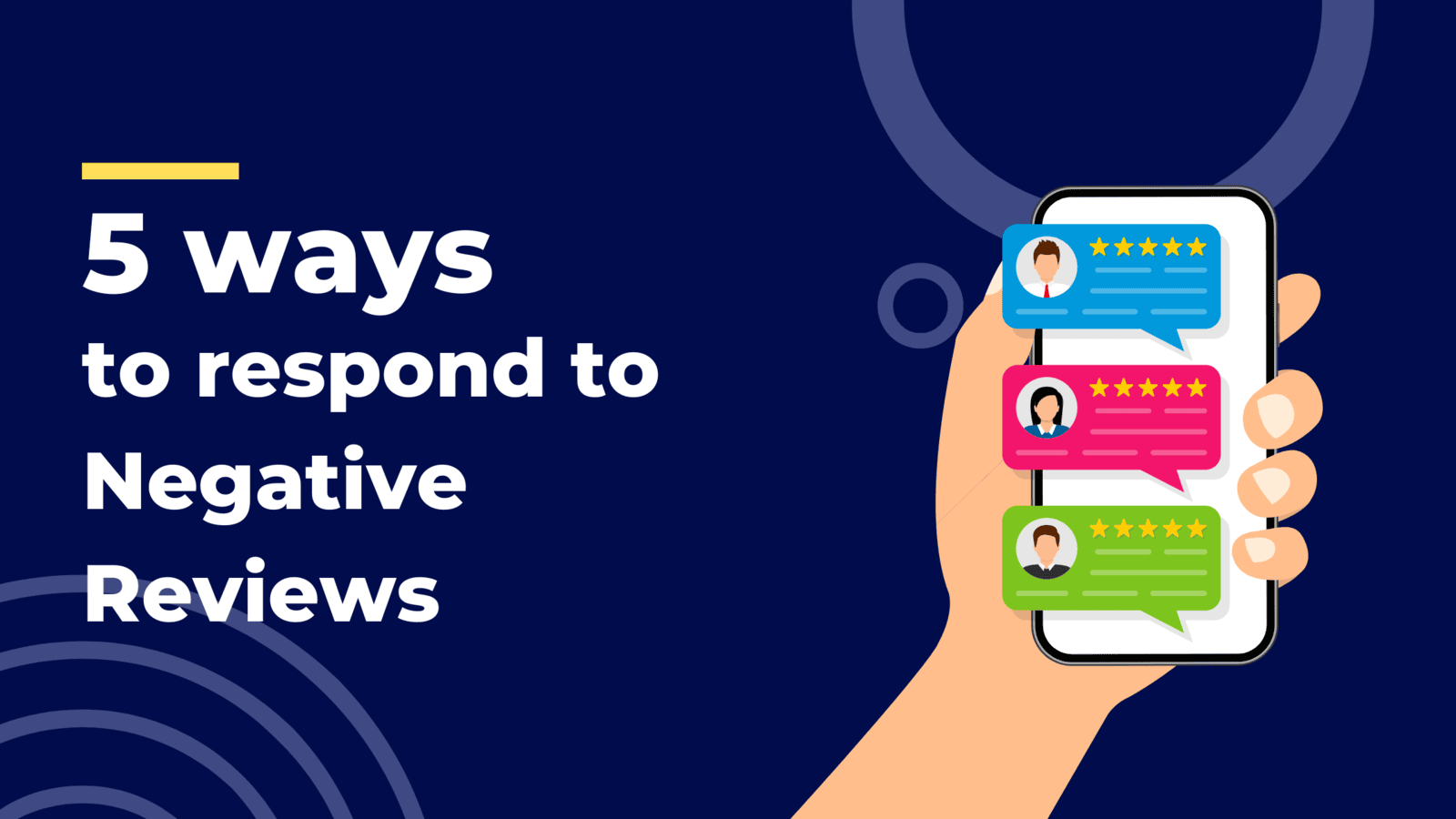
In today’s digital age, customer reviews can make or break a business. One bad review on Google, Facebook, or Yelp can spread faster than any paid ad campaign. And once it’s online, it stays forever—shaping your brand’s image for every future customer.
Let’s be real: ignoring negative reviews or reacting poorly can cost you more than just one customer. But here’s the opportunity—when managed well, negative reviews can boost your credibility, win back unhappy customers, and even improve your search rankings.
At PFC Group, we help businesses transform online feedback into powerful tools for customer trust and growth. Here are five smart ways to respond to negative reviews and turn critics into loyal fans.
1. Solve the Problem (The Golden Rule of Review Management)
The fastest way to improve your online reputation? Solve the problem.
No generic “we’ll look into it,” no blame-shifting—just genuine problem-solving. Customers write reviews because they want help. Show empathy, take it offline if needed, and resolve it quickly.
👉 Example:
“We’re sorry to hear about your experience. Please share your contact details with us at [email/phone]—we’d love to understand what went wrong and make it right.”
Even if you can’t fully fix the issue, a personalized and empathetic response proves your business truly cares.
2. Evaluate the Intent Before Responding
Not every review is equal. Some are genuine complaints, others are fake, irrelevant, or malicious.
Before you respond, ask:
Is it constructive feedback? → Respond professionally.
Is it fake or abusive? → Report it immediately.
Platforms like Google Reviews, Yelp, TripAdvisor, and Facebook allow businesses to flag:
✔ Fake competitor reviews
✔ Abusive language or threats
✔ Wrong business mentions
✔ Retaliation from ex-employees
✔ Privacy violations (names, phone numbers)
The PFC approach? Stay calm, stay factual, and never argue in public.
3. Always Respond to Negative Reviews
Here’s the truth: customers don’t expect perfection—they expect honesty.
Even if you get a one-star review, reply. Why? Because your future customers are reading. How you handle criticism directly affects your conversion rates and customer trust.
👉 Example:
“We’re truly sorry your experience didn’t meet expectations. Your feedback helps us improve. If you’d like, we’d be happy to discuss this further and make it right.”
Even if the reviewer never replies, your professional response strengthens your brand credibility.
4. Apologize—Even When It’s Not Fully Your Fault
Sometimes the issue isn’t entirely on you. Maybe it was a shipping delay, or maybe the customer had different expectations. Regardless, always apologize.
An apology doesn’t mean guilt—it shows professionalism and empathy.
✔ “We’re sorry your experience didn’t reflect our usual standards.”
✔ “Thank you for your feedback—we’re sorry to hear this and want to improve.”
✔ “Apologies that we missed the mark. This isn’t the experience we want for our customers.”
Short, sincere, and respectful apologies go a long way in customer retention.
5. Take Responsibility & Show Improvement
If the mistake was on your end, own it. Customers respect accountability more than excuses.
👉 Example:
“We completely understand your frustration and we’re sorry we let you down. We’ve already shared your feedback with our team and are working on a better process to prevent this in the future.”
This shows two things:
Accountability → You admit the mistake.
Commitment to improvement → You’re actively fixing it.
That’s how businesses build long-term trust and stronger customer relationships.
Why Responding to Reviews Matters for SEO & Business Growth
Did you know? Responding to reviews not only improves customer loyalty but also boosts your local SEO ranking on Google.
Search engines reward businesses that actively engage with customer feedback. That means every time you respond thoughtfully, you’re not just protecting your reputation—you’re improving your visibility on Google Maps and local search results.
At PFC Group, we guide businesses on how to:
Manage online reputation
Respond to negative reviews strategically
Turn customer complaints into opportunities
Boost SEO through customer engagement
Final Thoughts: Turn Negative Reviews into Business Wins
Negative reviews are not the end—they’re an opportunity. Handled with empathy, honesty, and professionalism, they can:
✔ Strengthen customer trust
✔ Improve brand image
✔ Boost online visibility
✔ Increase future sales
So the next time a bad review shows up, don’t panic. Respond with clarity, care, and confidence. Because in the digital world, your replies are often louder than the reviews themselves.
